Is my Gertrude Jekyll dying?
moliep
3 years ago
Featured Answer
Sort by:Oldest
Comments (12)
Related Professionals
Reading Landscape Architects & Landscape Designers · Oconomowoc Landscape Architects & Landscape Designers · Simi Valley Landscape Architects & Landscape Designers · Pelham Landscape Contractors · Natick Landscape Contractors · Ronkonkoma Landscape Contractors · Carmel Decks, Patios & Outdoor Enclosures · Monroe Decks, Patios & Outdoor Enclosures · Vernon Hills Landscape Architects & Landscape Designers · Concord Landscape Contractors · Damascus Landscape Contractors · Darien Landscape Contractors · New Baltimore Landscape Contractors · Norristown Landscape Contractors · West Haverstraw Landscape Contractorsmoliep
3 years agomoliep
3 years agomoliep
3 years agomoliep
3 years ago
Related Stories

LANDSCAPE DESIGNGet More From Your Garden by Mixing Things Up
Consider an eclectic outdoor style with defined hardscapes softened by exuberant, informal plantings
Full Story
COLOROrange in the Garden: Do You Dare?
Tangerine and other oranges are boldly cavorting from fashionable interiors to outdoor rooms. See some in-vogue examples here
Full Story
GARDENING AND LANDSCAPINGGive Your Small Garden Some Room
Make your small garden feel more like a room in your home with these time-proven ideas for landscape design
Full Story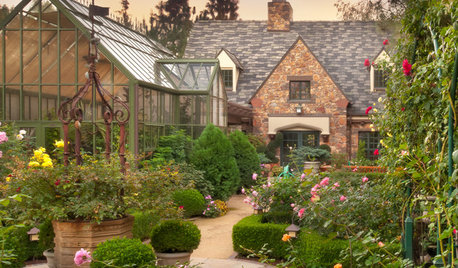
GARDEN STYLESNew Garden Styles Reveal Roots in Arts and Crafts Design
Landscape design from a century ago is still influencing gardens today — see if any of its features have sprung up in yours
Full Story
GARDENING GUIDESLay of the Landscape: English-Style Gardens
Stately and formal meet natural and romantic in English-inspired landscapes
Full Story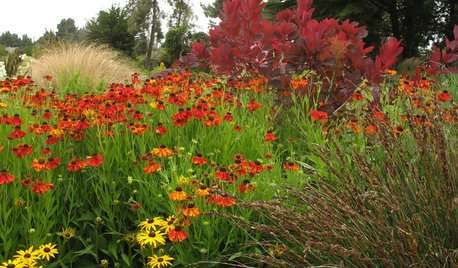
PLANTING IDEASWant a More Colorful, Natural Garden? Try a Perennial Meadow
Spend less time tending and more time taking in the sights by improving on Victorian and prairie garden designs
Full Story
HOUZZ TOURSMy Houzz: Sleekness and Soft Touches in a Midcentury Home
Flowers and art make classic furnishings all the lovelier in a San Francisco couple’s overhauled gem
Full Story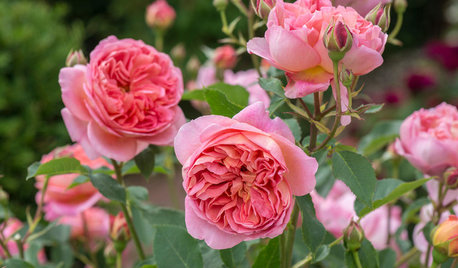
GARDENING GUIDESYou’re Going to Want to Stop and Smell These Roses
See top picks from David Austin’s most fragrant roses in colors ranging from ivory to crimson
Full Story
SMALL SPACES8 Benefits of Cottage Living
Scale back to dial up your quality of life, save money and more
Full Story
PATIO OF THE WEEKKoi Glide Around a Tranquil Garden's Moat
This idyllic retreat combines lush plantings, statues and moving water for a serene backyard scene
Full Story





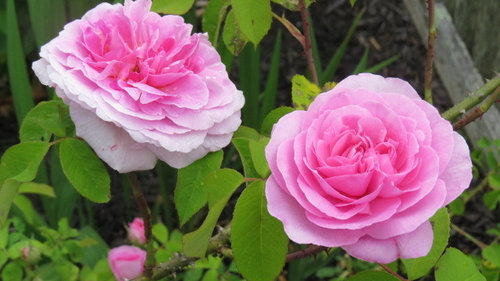
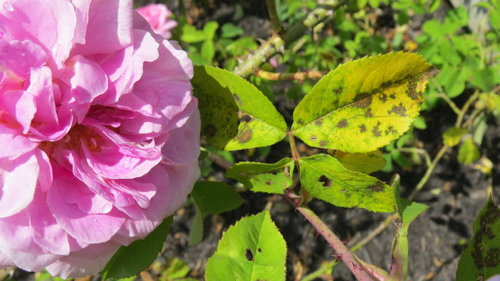
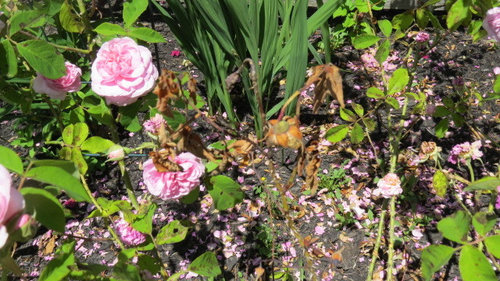


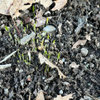
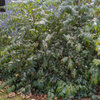

Vaporvac Z6-OhioRiverValley